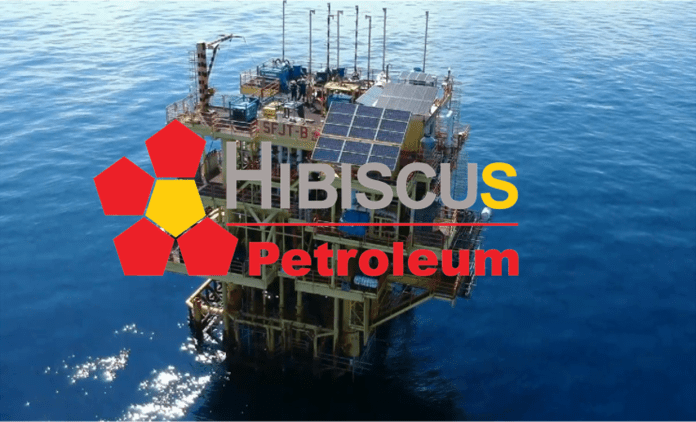Hibiscus Petroleum Bhd’s net profit surged to RM70.47 million in the second quarter (2Q) ended Dec 31, 2022, from RM48.49 million year-on-year.
Revenue for the quarter soared to RM713.13 million against RM284.40 million previously, mainly contributed by its North Sabah operations which were largely driven by the high average realised oil price and relatively low average operation expenditure (opex) per barrel.
“The segment attained a fairly high average realised oil price of US$98.09 (US$1=RM4.40) per barrel for its crude oil sold in the current quarter while the average opex per barrel recorded was US$18.50,” it said in a filing with Bursa Malaysia today.
Hibiscus Petroleum said a total of 1.33 million barrels of crude oil were sold in the 2Q, comprising 0.61 million barrels from the Peninsula Hibiscus group assets, 0.54 million barrels from North Sabah and 0.19 million barrels from the Anasuria Cluster.
In addition, a total of 3,938 million standard cubic feet per day (mmscf) of gas was sold in the 2Q, including 3,767 mmscf from PM3 CAA (commercial arrangement area) and 171 mmscf from the Anasuria Cluster.
Moving forward, the group said it was well-positioned to build on its successful operational track record which has been developed in Malaysia and the United Kingdom whilst remaining focused on delivering optimal performance in a strong oil price environment.
Hibiscus Petroleum said its business performance was underpinned by several factors including the price of benchmark Brent crude oil at the time of a scheduled offtake from the Anasuria FPSO (floating production, storage and offloading), the FSO (floating storage offloading) Orkid, the FSO PM3 CAA and Labuan Crude Oil Terminal.
It said the Brent oil prices had improved to levels above US$80 per barrel due to supply increases being unable to keep up with increasing levels of oil demand as a result of countries reopening their economies to pre-pandemic levels.
This had also been exacerbated by the Russia-Ukraine war and the sanctions placed on Russian oil and gas supply whilst concerns of global inflation and demand destruction also had an impact, the company said.
“As the joint operator of the Anasuria Cluster and the operator of the North Sabah, PM3 CAA, Kinabalu, PM305, PM314, and Block 46 production sharing contracts, the group continuously focuses on optimising asset performance, but it is equally important to note that our performance is impacted daily by external macroeconomic factors over which we exert minimal control,” it added.









